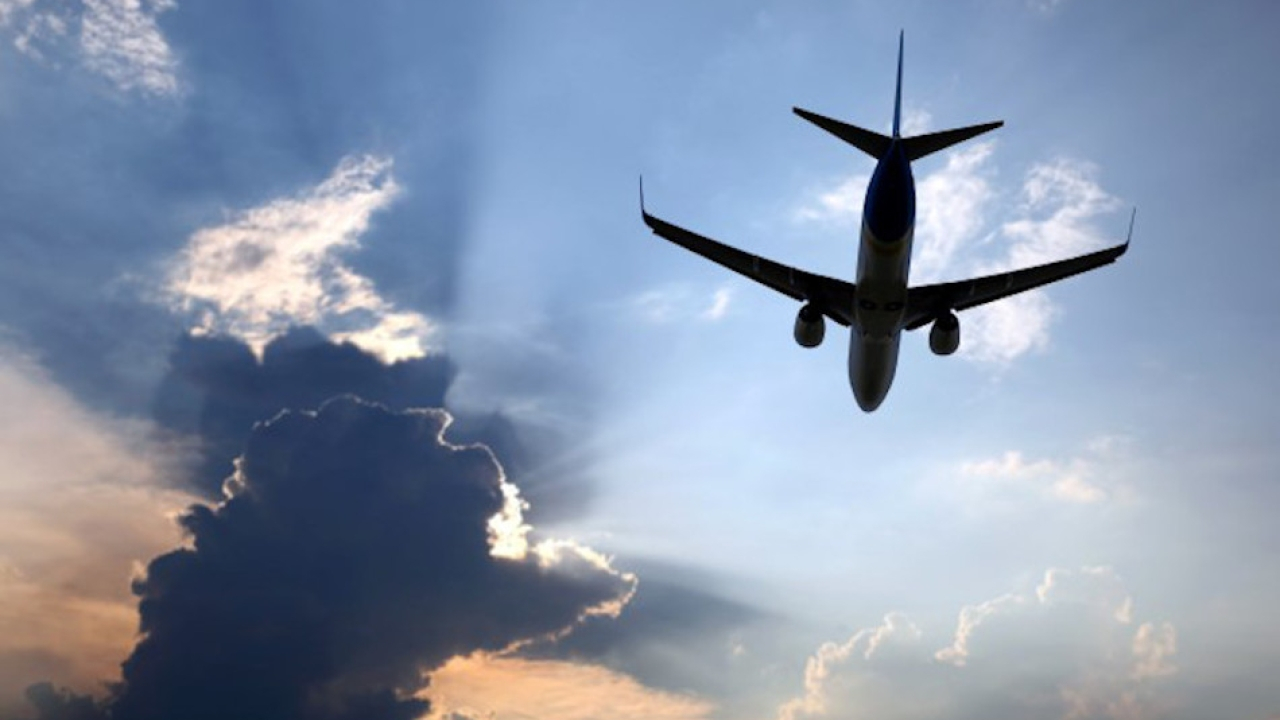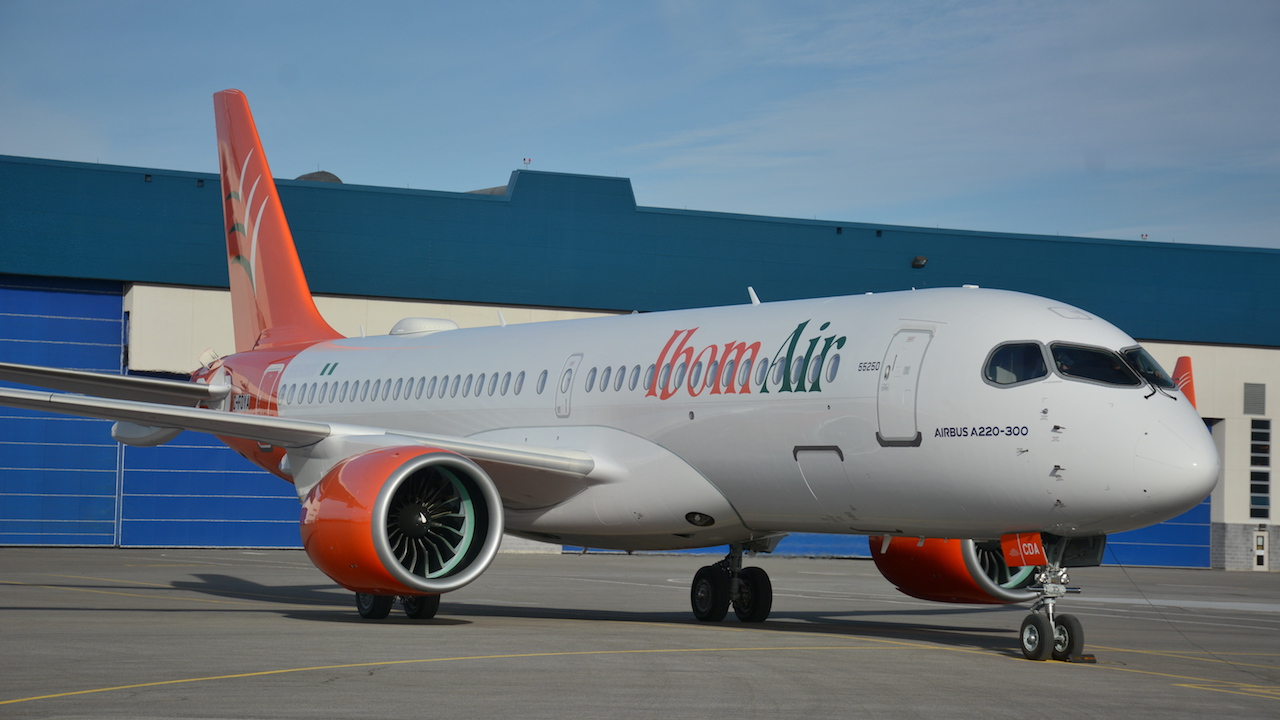IATA urges African governments to prioritise aviation growth
IATA has urged African governments to prioritise aviation as a catalyst for economic growth, job creation, connectivity, and social development by enhancing safety, reducing the cost burden, and resolving the issue of blocked airline funds.

Image: IATA
"Africa’s aviation sector is a vital economic driver, contributing USD 75 billion to GDP and supporting 8.1 million jobs. The continent’s aviation market is projected to grow at 4.1% over the next 20 years, doubling by 2044. More important than the growth of the sector is the impact that a successful aviation industry has on social and economic development. As governments prioritise how to deliver their agendas with limited resources it is critical to recognise that supporting aviation underpins jobs, trade, and tourism,” said Somas Appavou, IATA’s regional director external affairs, Africa, during an African media briefing.
Key priorities for Africa
IATA outlined three key priorities for African governments:
Improve aviation safety: The implementation of global standards is the key to world-class safety. While African safety has improved, the continent’s safety rate lags the global average in its implementation of ICAO Standards and Recommended Practices (SARPS). On average, the effective implementation rate for ICAO SARPS is 59.49% across 46 of 48 Sub-Saharan African states, behind the global average of 69.16% and the global target of 75%. States must take action to close this longstanding gap.
In 2024 runway excursions were the most prevalent among Africa’s 10 reported accidents. IATA calls for a renewed effort of ICAO’s Runway Safety Team missions at airports to improve performance in this area, including by ensuring the effective implementation of ICAO SARPS.
IATA also calls for African states to abide by the ICAO Annex 13 global standard to deliver timely accident reports. Of the 42 accidents occurring in Africa between 2018 and 2023, only eight have seen the publication of a final report. The IATA Operational Safety Audit (IOSA) and the IATA Standard Safety Assessment (ISSA) are tools to strengthen airline safety performance, support effective regulatory oversight, and promote a consistent, risk-based approach to operational safety.
Reduce taxes and charges: Taxes and charges on air travel in Africa are15% higher than the global average.
It is critical that governments understand that the greatest value that aviation brings to an economy is catalytic. Transporting travellers and goods stimulates job creation. Destroying demand with excessive taxation puts a brake on economic and social development.
Where charges are used to fund critical aviation infrastructure, coordination between industry and government is essential. The aim must be to build growth-supporting infrastructure that is cost-efficient and scalable.
Eliminating Blocked Funds: Airlines cannot operate in a market if they are unable to repatriate revenues generated which is guaranteed in international treaties and bilateral agreements. The $1 billion of airline revenues being blocked from repatriation by African governments (as of May 2025)—73% of total global blocked funds—is an impediment to maintaining Africa’s international connectivity. Blocked funds are spread across 26 African countries.
Airlines facing blocked funds often reduce flight frequencies or suspend routes. To facilitate aviation’s economic and social benefits, governments need to live up to their international obligation and remove all barriers to airline revenue repatriation.
“These challenges are not new but solving them is urgent. That’s why IATA launched the Focus Africa initiative in 2023, working hand-in-hand with governments, industry, and development partners to deliver real improvements in safety, affordability, and connectivity. Aviation is not a luxury. It is an economic and social lifeline. Focus Africa is about turning potential into jobs, growth and prosperity,” said Appavou.
Stay up to date
Subscribe to the free Times Aerospace newsletter and receive the latest content every week. We'll never share your email address.

